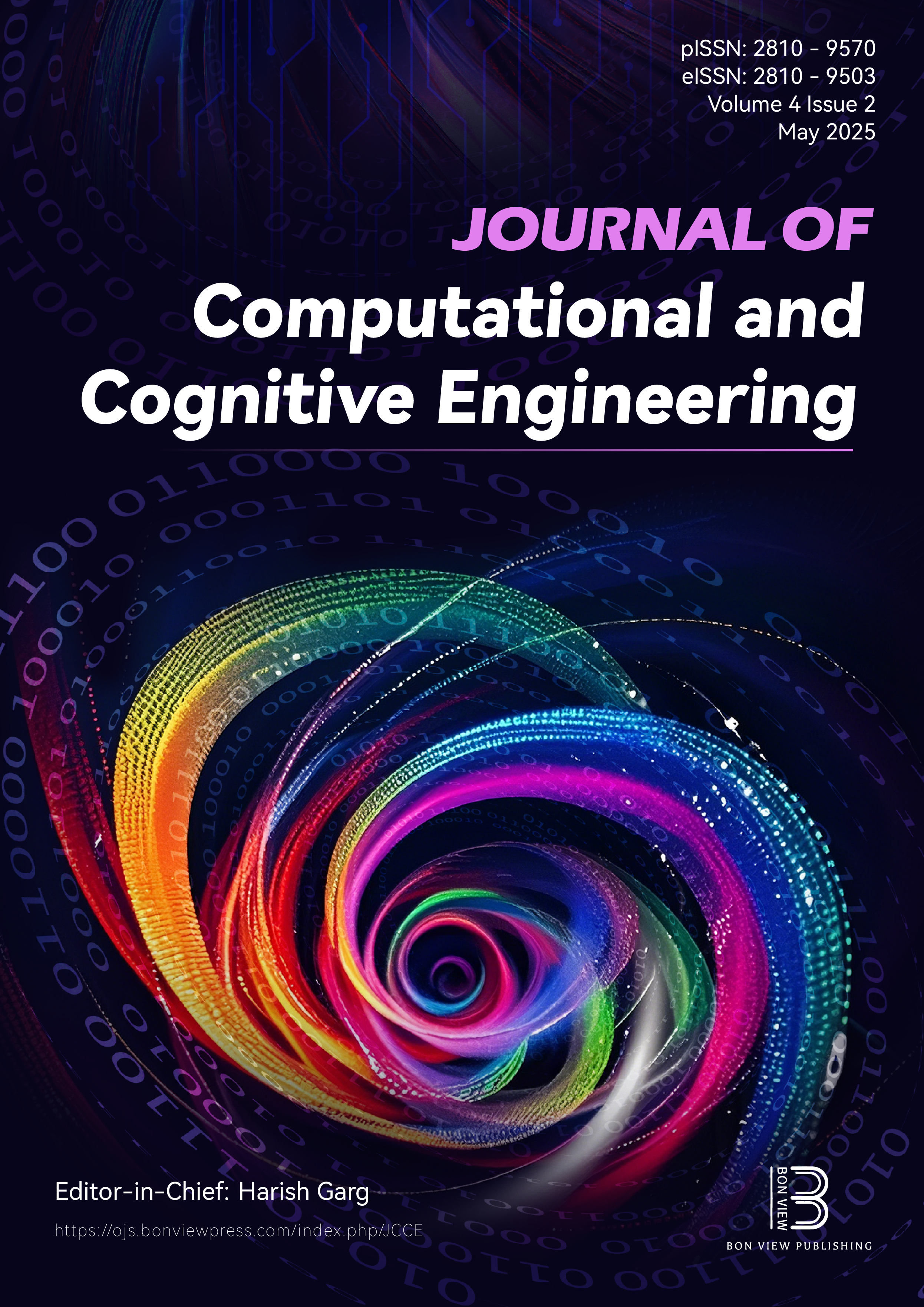Strengthening Security in Clouds Through Cloud Computing Authentication Using Facial Image Forensics
DOI:
https://doi.org/10.47852/bonviewJCCE52024248Keywords:
authentication mechanism, face recognition, generative adversarial network, multiple credential authentication, passwordAbstract
Numerous cyber threats may succeed in cloud platforms owing to unproductive authentication methods. Multiple credential authentication is a vital precautionary measure that helps reinforce cloud security for warding off imminent data breaches and illegal access. This kind of authentication approach strongly guarantees that trustworthy clients are only ratified to get cloud services, making it less tiresome for clients and more secure for organizations. This study proposes an Image Forensics-based Dual Credential Authentication (IF-DCA) based on username (i.e., preferably email ID to avoid replica) and client photographs as password. Along with a username, a rapid and acquainted user action of capturing a photograph using a web camera is adequate for this method; hence it does not need any expensive, special hardware devices. During the registration phase, along with the username, the user's face image is stored on the cloud server as a password. When registered clients need to access cloud resources or data, they should log in on the server with their username and their photograph. To improve the authentication approach, this work proposes an Attribute-controlled Conditional Generative Adversarial Network (ACC-GAN) to generate face images of the same user at various age groups. ACC-GAN includes an additional attribute control unit and an age prediction unit to synthesize photo-realistic face images with aging effects. After matching the username and face image with the registered username and ACC-GAN-generated images, the face identification module provides access to the authorized cloud user. The performance of IF-DCA is assessed through the Cross-Age Celebrity Dataset using the MATLAB R2018b/deep learning toolbox. The empirical analysis reveals that the ACC-GAN achieves better performance measures such as 98.40% accuracy, 99.3% sensitivity, 90.0% specificity, and 95.7% precision. The performance of IF-DCA is analyzed using the verification time for username, user image, and complete authentication against the number of users.
Received: 4 September 2024 | Revised: 14 October 2024 | Accepted: 7 November 2024
Conflicts of Interest
The authors declare that they have no conflicts of interest to this work.
Data Availability Statement
The Cross-Age Celebrity Datasets that support the findings of this study are openly available at https://paperswithcode.com/dataset/cacd.
Author Contribution Statement
Pranali Dahiwal: Conceptualization, Software, Formal analysis, Resources, Writing – original draft, Visualization, Project administration. Vijay Khare: Methodology, Validation, Investigation, Data curation, Writing – review & editing, Supervision.
Downloads
Published
Issue
Section
License
Copyright (c) 2025 Authors

This work is licensed under a Creative Commons Attribution 4.0 International License.


